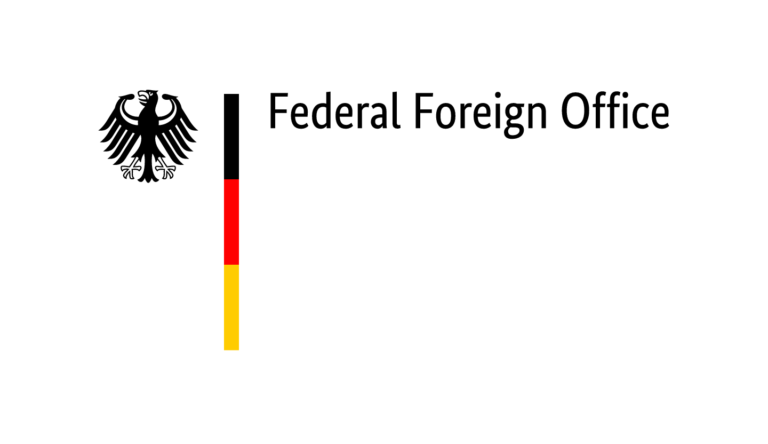Art, Exchange, and Transformation at the Heart of Our Artist-in-Residence Program
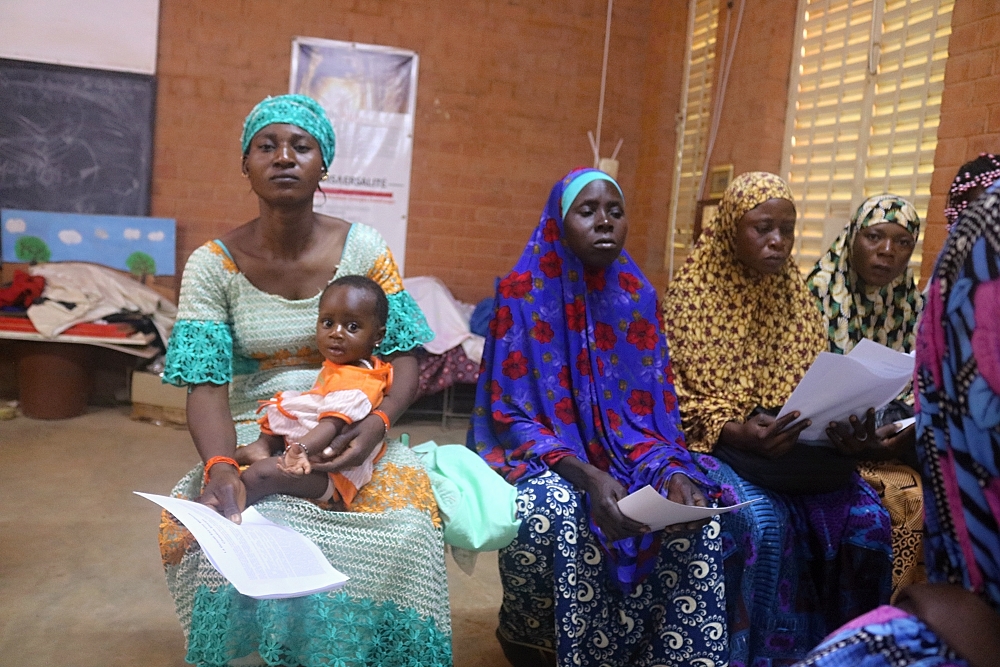
In recent years, our artist-in-residence program has evolved into an innovative combination of artistic practice, social exchange and social transformation. Originally conceived as a space for international artists, the program has now taken on a much larger dimension. We are thrilled to see how many people from the region have participated in the programs and how deeply they have resonated with the local community. Through close cooperation with our local partners this year – the Centre de Développement Chorégraphique La Termitière (CDC), Faso Check and Radio Awu – we were able to further strengthen intercultural dialog, media literacy and the promotion of women’s rights in the Opera Village.
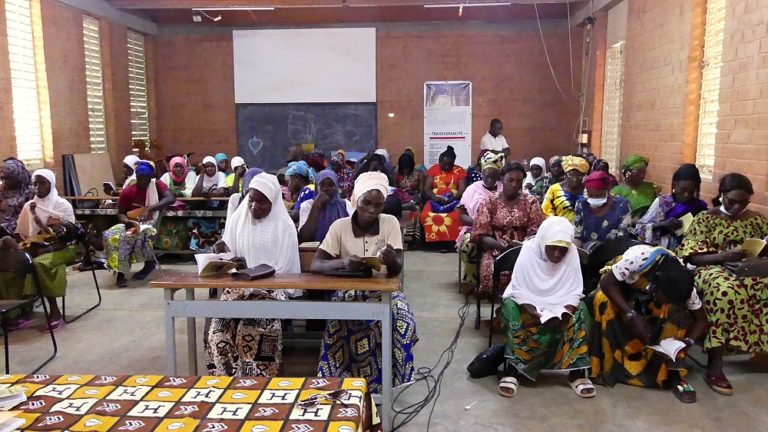
The collaboration with the CDC La Termitière placed a special focus on dance workshops that dealt with topics such as “The relation to oneself”, “The relation to others” and “The relation to the collective”. Participants, including many young people from different social contexts, engaged intensively with their cultural identity and learned how dance as a universal language promotes intercultural dialog. The exchange between traditional dance forms from Burkina Faso and urban styles such as hip-hop and krump was particularly exciting. The workshops not only strengthened the understanding of cultural diversity, but also the sense of community. It was impressive to see how many young people were actively involved in the creative work – a clear sign of the importance of dance as a means of expression in the region.
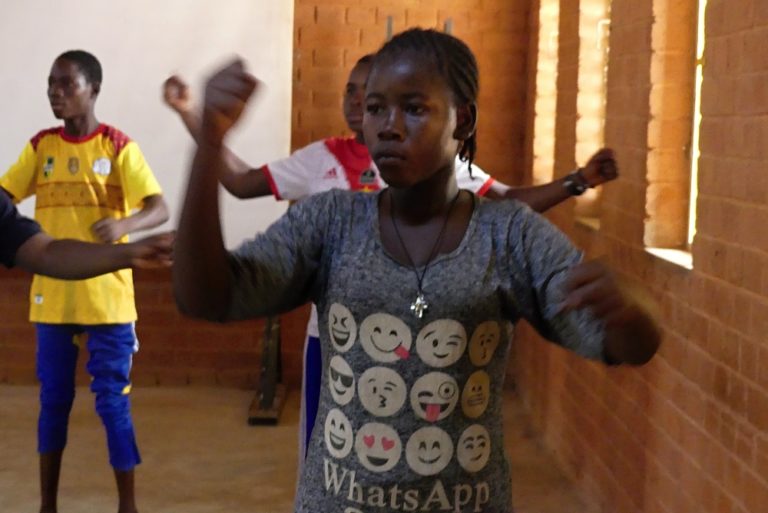 With Faso Check, we held another training course on “Disinformation and fact-checking” in March, which met with an extremely positive response. Journalists, students and members of civil society took part in the training to learn how to recognize false reports and counteract the spread of fake news. The practice-oriented exercises and the use of digital tools to identify and refute misinformation were met with particular interest. It was surprising how open and engaged the participants were and how quickly they were able to apply the new methods to their own sources of information. This training not only strengthens critical thinking, but also trust in the media and democratic processes in the region.
With Faso Check, we held another training course on “Disinformation and fact-checking” in March, which met with an extremely positive response. Journalists, students and members of civil society took part in the training to learn how to recognize false reports and counteract the spread of fake news. The practice-oriented exercises and the use of digital tools to identify and refute misinformation were met with particular interest. It was surprising how open and engaged the participants were and how quickly they were able to apply the new methods to their own sources of information. This training not only strengthens critical thinking, but also trust in the media and democratic processes in the region.
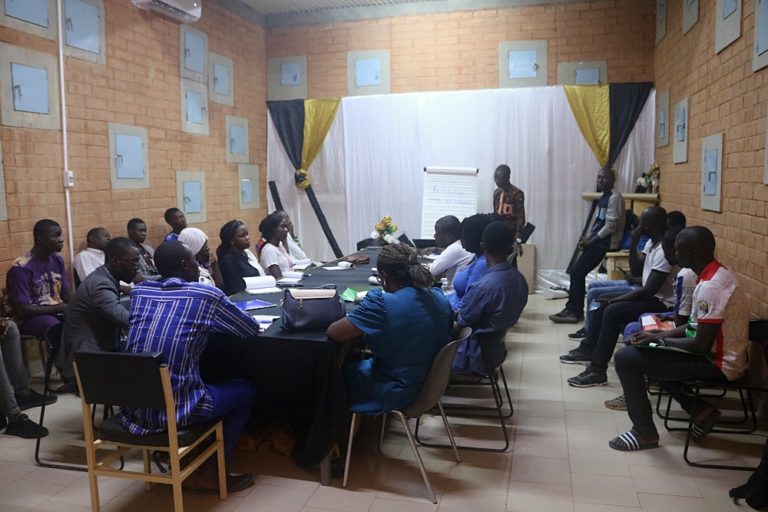 In the area of women’s rights, we offer a safe space in the Opera Village for women from the region through our cooperation with Radio Awu from Senegal. In our reading sessions, participants have the opportunity to discuss social issues such as domestic violence, forced marriage and women’s rights. These sessions promote an understanding of women’s rights and provide a valuable platform for the exchange of experiences and ideas. We were really impressed in the most positive sense by how many women from the region were willing to address often taboo topics and support each other. From March, the format was expanded to include feminist podcasts, which offer women an even broader platform. In the podcasts, they can share their perspectives and discuss topics from a female point of view that are often not heard enough in the traditional media.
In the area of women’s rights, we offer a safe space in the Opera Village for women from the region through our cooperation with Radio Awu from Senegal. In our reading sessions, participants have the opportunity to discuss social issues such as domestic violence, forced marriage and women’s rights. These sessions promote an understanding of women’s rights and provide a valuable platform for the exchange of experiences and ideas. We were really impressed in the most positive sense by how many women from the region were willing to address often taboo topics and support each other. From March, the format was expanded to include feminist podcasts, which offer women an even broader platform. In the podcasts, they can share their perspectives and discuss topics from a female point of view that are often not heard enough in the traditional media.
What we are particularly pleased about is the growing number of people who are getting involved in these programs and working with us to bring about change. Since the beginning of the Opera Village, we have set ourselves the goal of using art as a means of communication for social change. Together with our local partners, we create a space in which not only artistic development takes place, but also relevant socio-political issues are addressed. We are proud that these initiatives have already reached so many people and that together we are building a network that goes beyond art and creativity and contributes to positive social transformation.
This year’s artist-in-residence program is supported by
